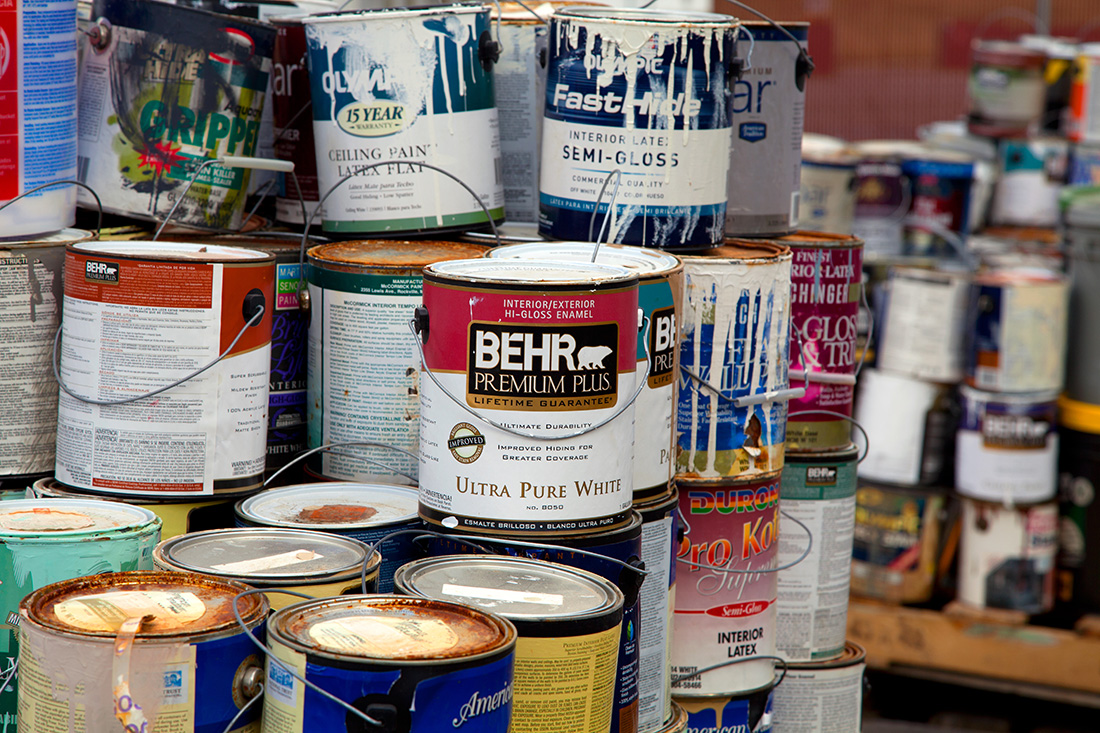What Items Can't Go in Regular Junk Removal?

While professional junk removal services can handle most household items, there are certain materials that require special handling due to safety, legal, or environmental concerns. Understanding these restrictions helps ensure safe disposal and compliance with local regulations.
Hazardous Materials
These items pose risks to human health and the environment and require specialized disposal:
Chemicals and Solvents
- Paint and paint thinners
- Pesticides and herbicides
- Pool chemicals
- Cleaning solvents
- Automotive fluids (oil, antifreeze, brake fluid)
- Propane tanks
Why They're Restricted
These materials can:
- Contaminate soil and groundwater
- Create toxic fumes
- Cause fires or explosions
- Harm workers and the public
Medical and Biological Waste
- Prescription medications
- Medical devices and equipment
- Syringes and needles
- Biological specimens
- Radioactive materials
Proper Disposal Methods
- Return medications to pharmacy take-back programs
- Contact your doctor's office for medical device disposal
- Use sharps containers for needles
Electronics with Special Requirements
While many electronics can be recycled, some require special handling:
- CRT televisions and monitors (contain lead)
- Fluorescent bulbs (contain mercury)
- Batteries (all types)
- Cell phones and tablets
Where to Take Them
- Electronics retailers often have take-back programs
- Municipal recycling centers
- Manufacturer recycling programs
- Certified e-waste recyclers
Appliances with Refrigerants
These require certified technicians for proper refrigerant recovery:
- Refrigerators and freezers
- Air conditioners
- Dehumidifiers
- Wine coolers
Asbestos-Containing Materials
Common in homes built before 1980:
- Insulation
- Floor tiles
- Roofing materials
- Pipe wrapping
Important: Never attempt to remove suspected asbestos materials yourself. Contact certified asbestos abatement professionals.
What Young Bucks Can Help With
While we can't take hazardous materials, we can help you with:
- Identifying restricted items in your junk
- Providing information on proper disposal locations
- Removing all non-hazardous items efficiently
- Coordinating with specialized disposal services when needed
Local Disposal Resources
Most communities offer resources for hazardous waste disposal:
- Household Hazardous Waste Days: Special collection events
- Municipal Drop-off Centers: Year-round disposal sites
- Retailer Take-back Programs: For electronics and batteries
- Auto Parts Stores: For automotive fluids and batteries
Planning Ahead
Before scheduling junk removal:
- Separate hazardous materials from regular junk
- Research local disposal options for restricted items
- Ask your junk removal service about their specific restrictions
- Plan disposal of hazardous materials before or after your junk removal appointment
By understanding these restrictions and planning accordingly, you can ensure safe, legal, and environmentally responsible disposal of all your unwanted items. When in doubt, always ask your junk removal professional for guidance.
Need Professional Junk Removal?
Let Young Bucks handle the heavy lifting. We provide fast, friendly, and reliable junk removal services throughout the Greater Metro Area.